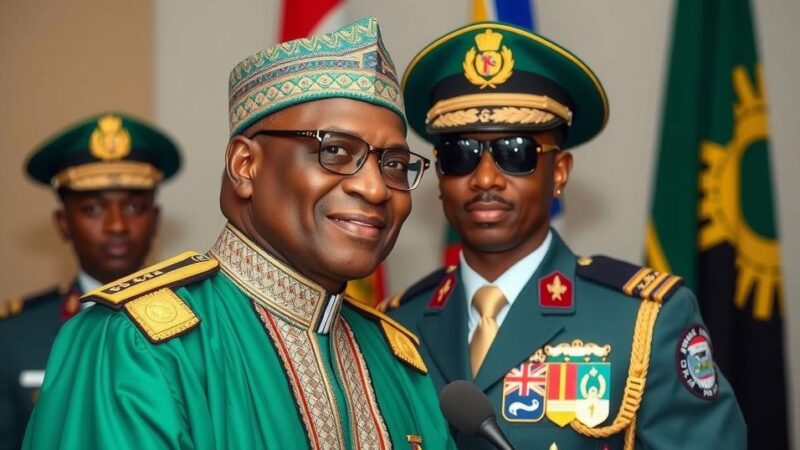Jimmy Carter’s presidency, marked by his election as a political outsider in 1976, transformed the nomination and electoral processes with a focus on primaries, caucuses, and debates. Despite facing significant challenges and ultimately losing reelection in 1980, his influence persists in today’s political landscape, exemplified by the strategies adopted by contemporary candidates. His post-presidency humanitarian work has further solidified his legacy as a distinctive statesman.
Former President Jimmy Carter, who recently celebrated his 100th birthday, has had a profound and lasting impact on American politics, notably evident as the 2024 election approaches. Ascending to the presidency in the transformational era following the Vietnam War and Watergate scandal, Carter introduced significant changes to the processes of presidential nominations and elections, notably advocating for a system grounded in primaries, caucuses, and public debates. His unique position as an anti-establishment outsider paved the way for a political strategy that has been emulated by many subsequent presidential candidates. Despite serving only one term, Carter confronted numerous challenges—economic inflation, energy crises, healthcare dilemmas, and Middle East conflict, particularly regarding Iran—that still resonate in contemporary political discourse. Notably, his presidency is remembered as a cautionary tale due to his alienation from his party, culminating in a substantial loss to Ronald Reagan in 1980. Carter’s trailblazing campaign style, focusing on grassroots engagement and outsider status, established a precedent for future candidates to appeal to voters disillusioned by the political establishment. His engagement with the primary system, beginning with significant victories in early contests, was pivotal in shaping the electoral landscape. In addition to his campaign innovations, Carter’s presidency was marked by significant legislative challenges, among them healthcare reforms and economic policy disputes, which strained his relations with fellow Democrats. His approach to governance was characterized by a sincere but often contentious relationship with established political leaders, which sometimes hampered collaborative efforts necessary for effective legislation. Even after his presidency, Carter forged a legacy defined by public service, engaging in humanitarian efforts, global health initiatives, and election monitoring. His critiques of subsequent administrations establish him as a thoughtful, albeit controversial, figure in the ongoing debates about American political integrity and justice.
Jimmy Carter’s presidency occurred during a critical period characterized by national disillusionment stemming from the Vietnam War and the Watergate scandal. His election in 1976 was pivotal, as he emerged as a fresh alternative to entrenched political figures. The changes he enacted in the electoral process—including a stronger focus on primary contests and presidential debates—transformed how candidates campaign and connect with voters, which remains relevant in modern politics. Carter’s presidency also illustrates the complexities of party loyalty and intra-party conflicts, especially as he faced challenges that would linger in American politics long after his tenure. His later philanthropic efforts have further solidified his role as a significant statesman, even after leaving office.
In summary, Jimmy Carter’s political legacy is multifaceted, encompassing his innovative approaches to campaigning and electoral processes, his management of enduring issues such as inflation and foreign relations, and his transformative role in shaping the Democratic Party’s electoral strategies. His life and work continue to influence contemporary political dynamics, as seen in current campaigns and party structures. The ongoing relevance of his presidency underscores the weight of historical precedence in American democratic practices and governance.
Original Source: www.usatoday.com







